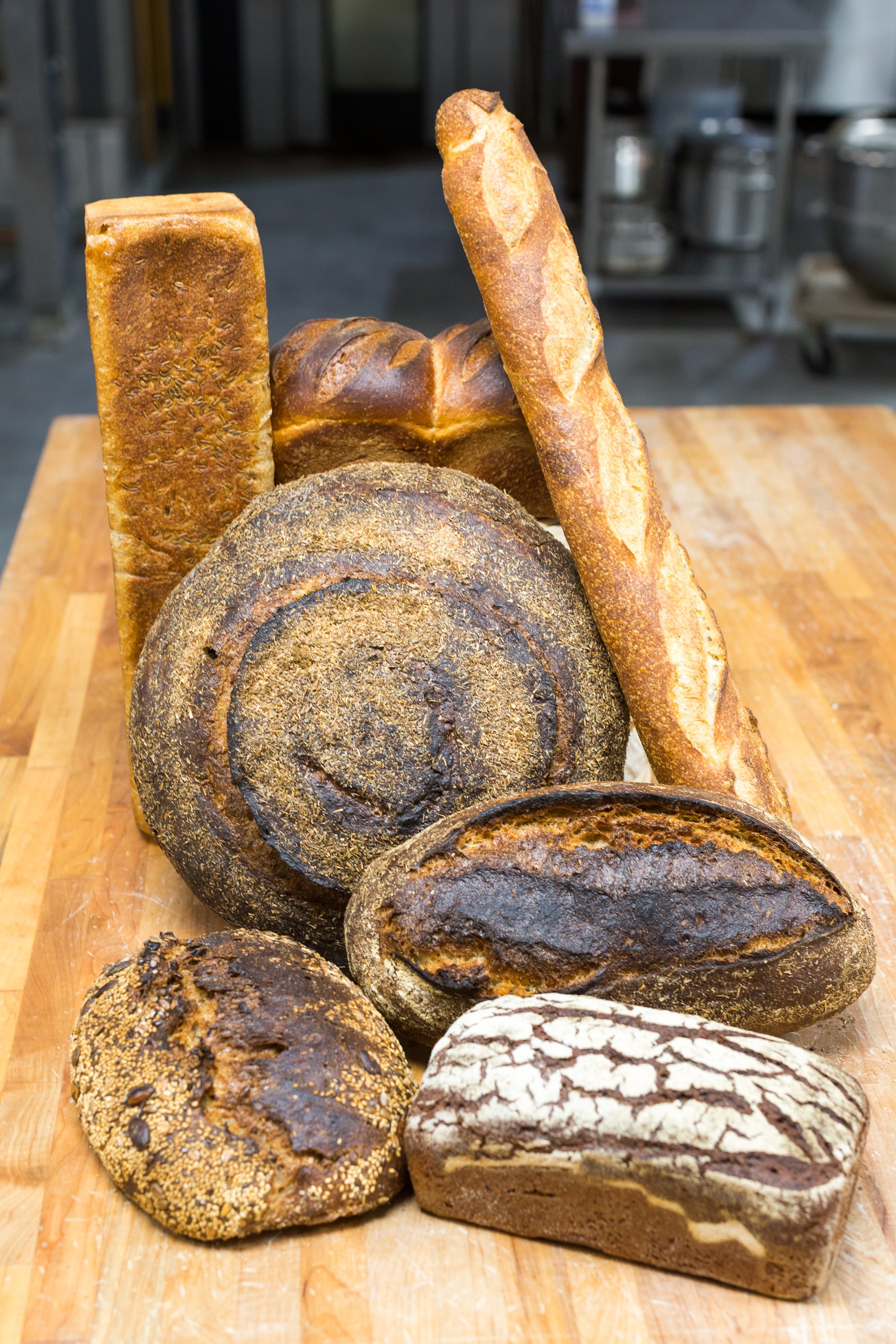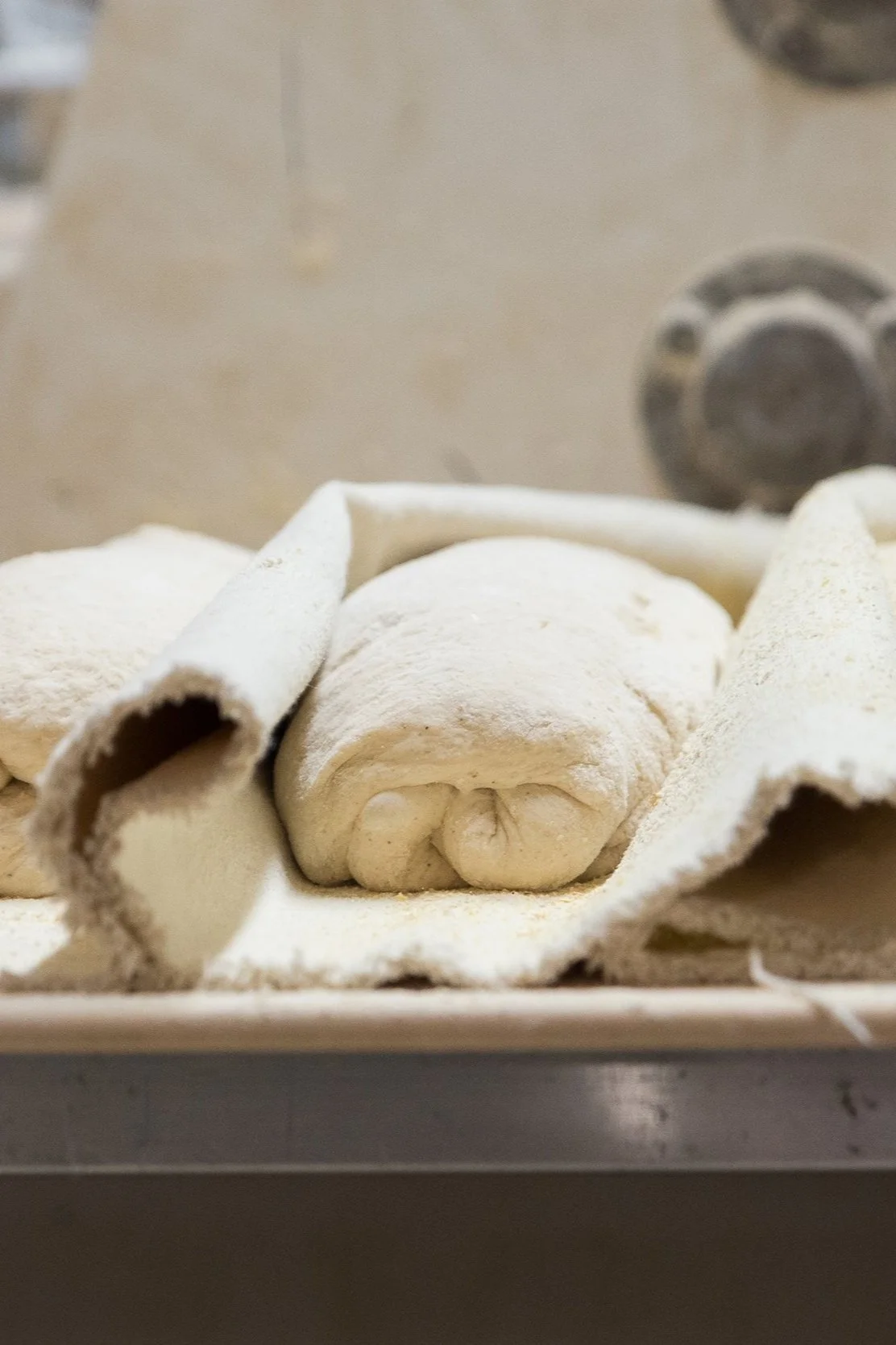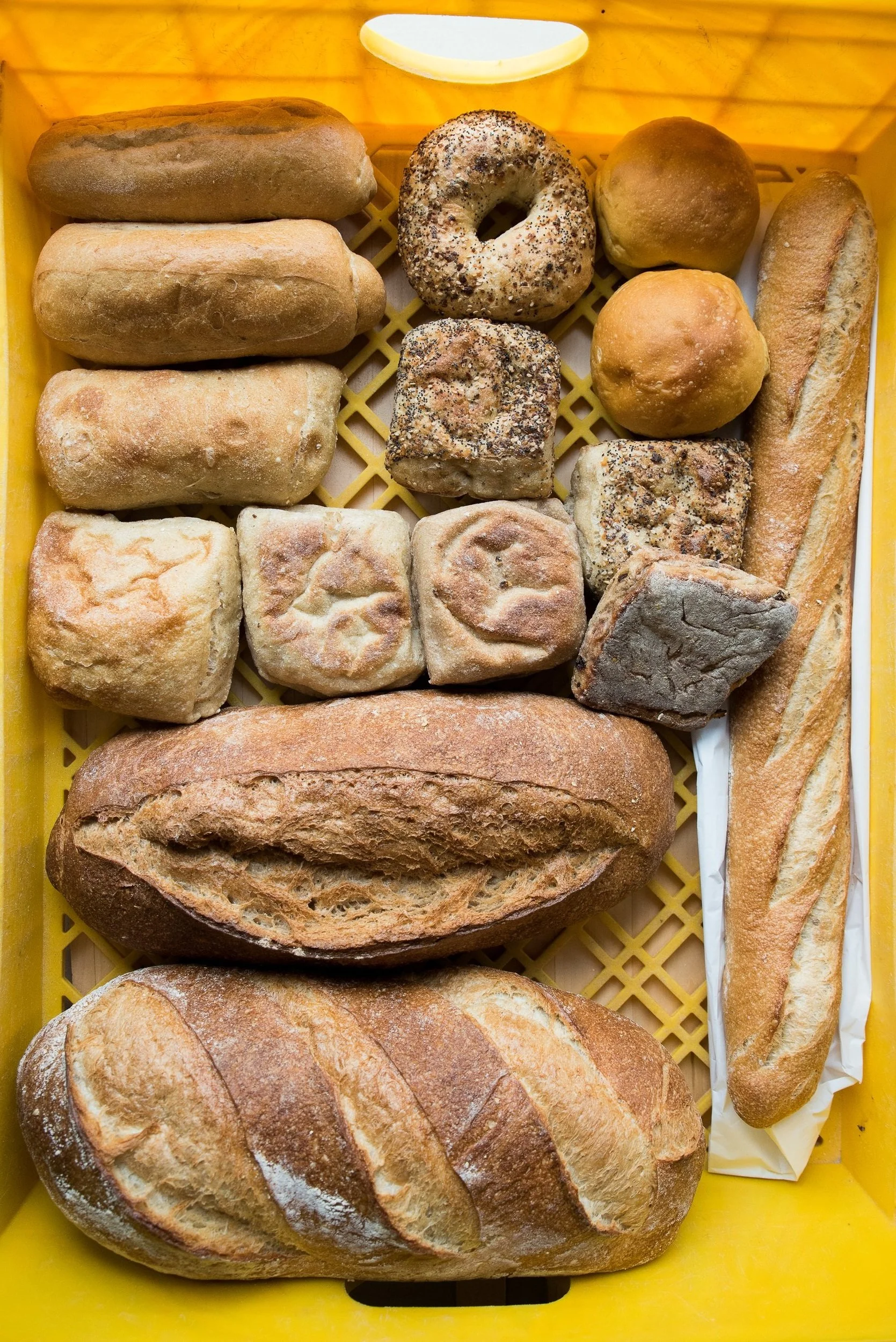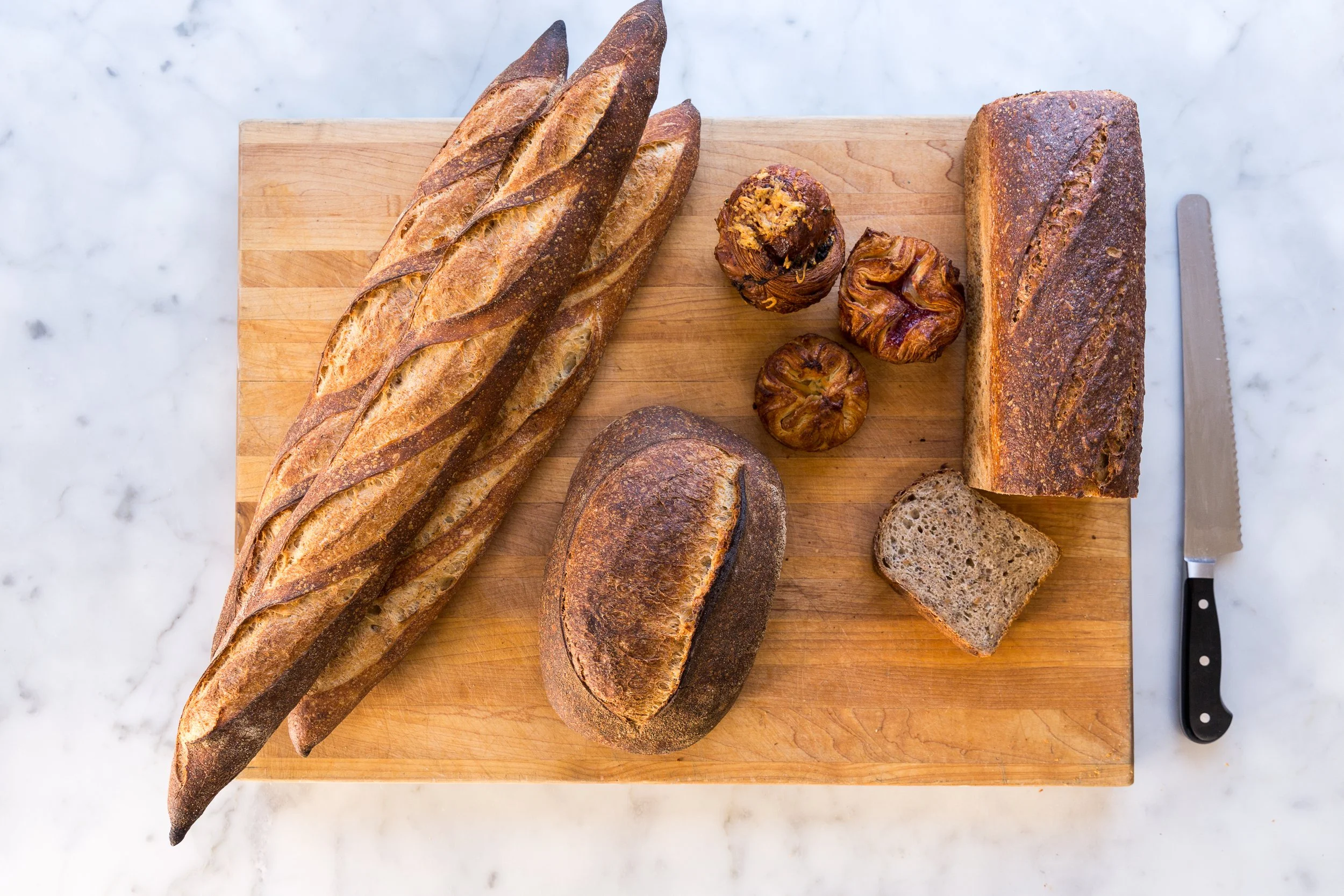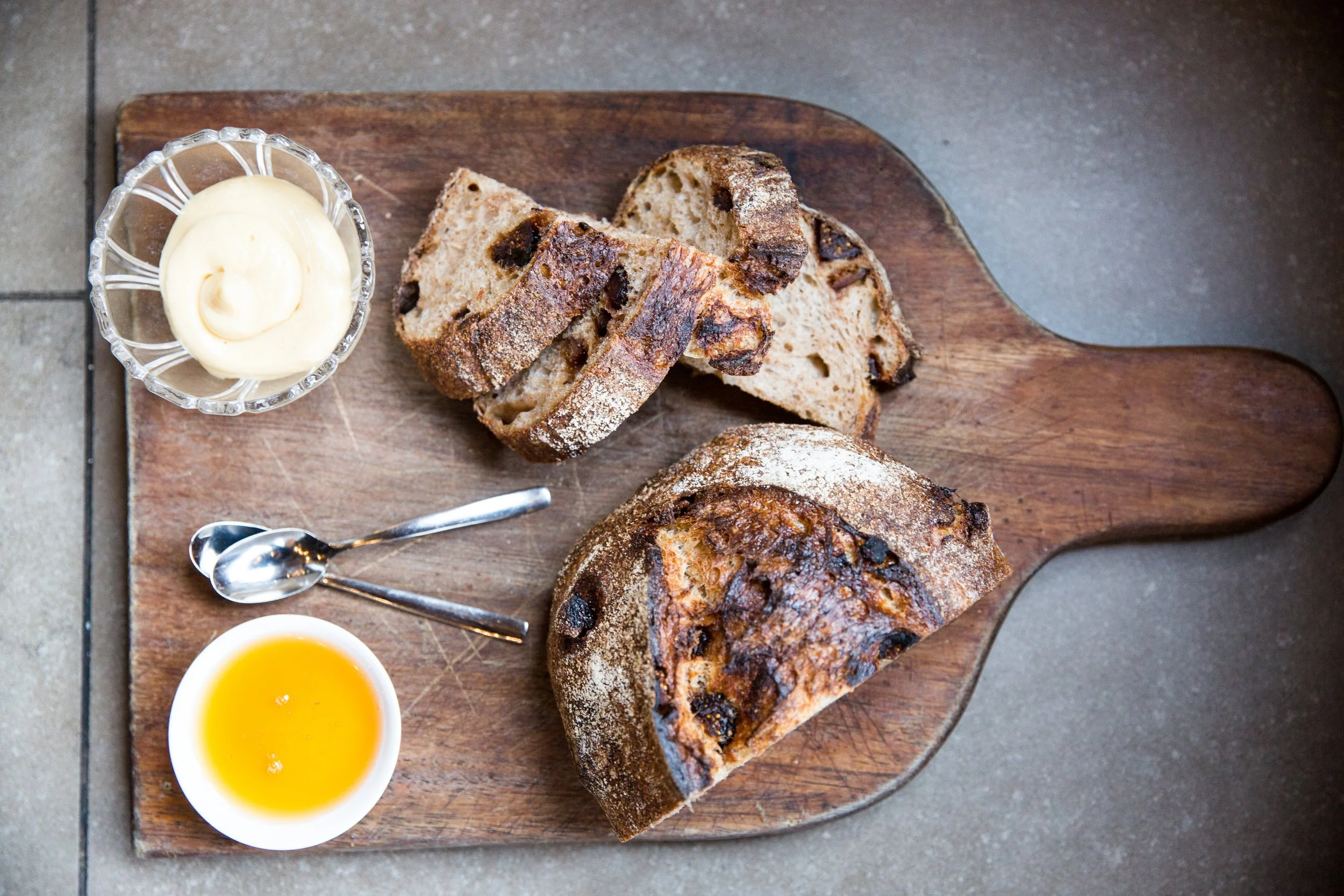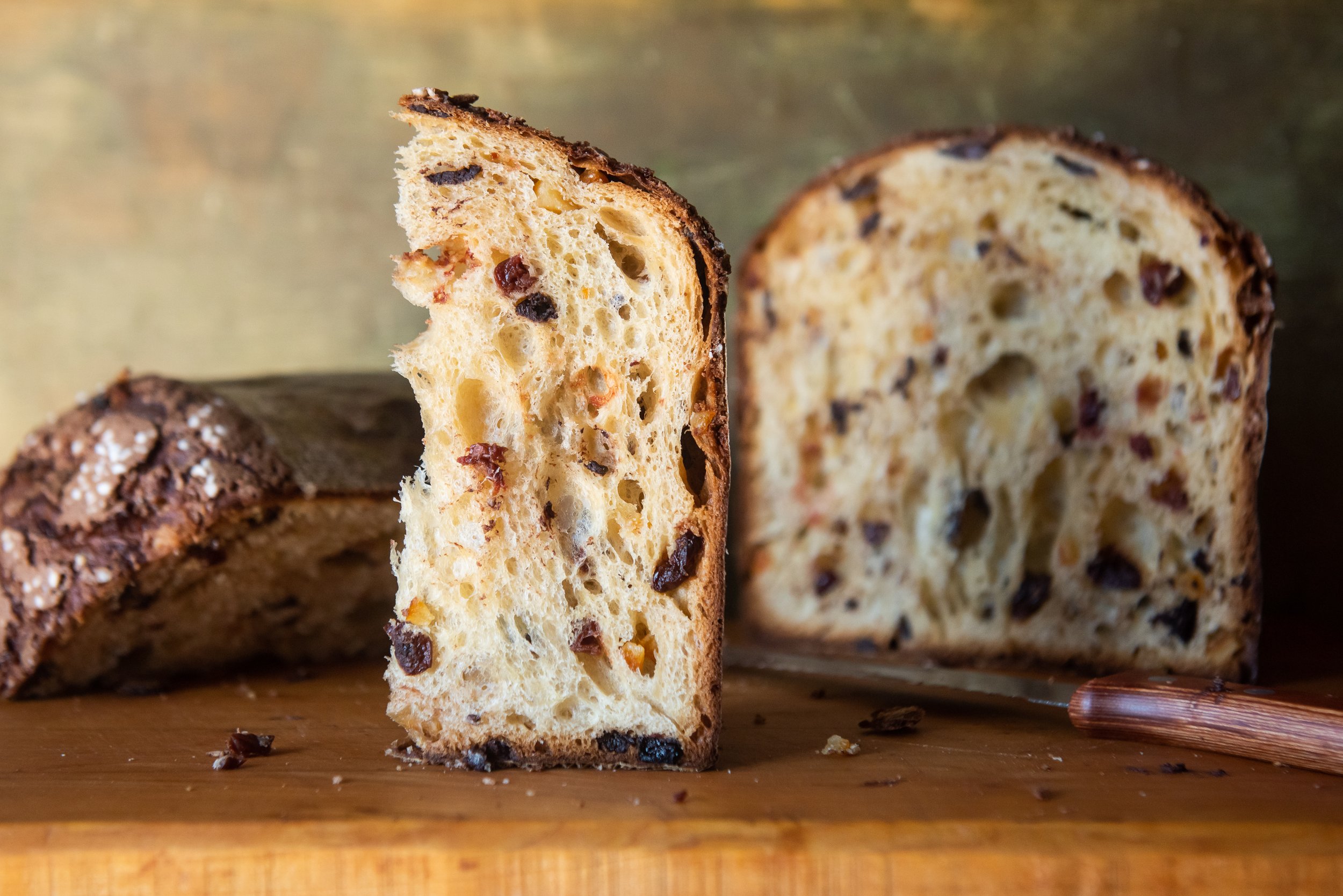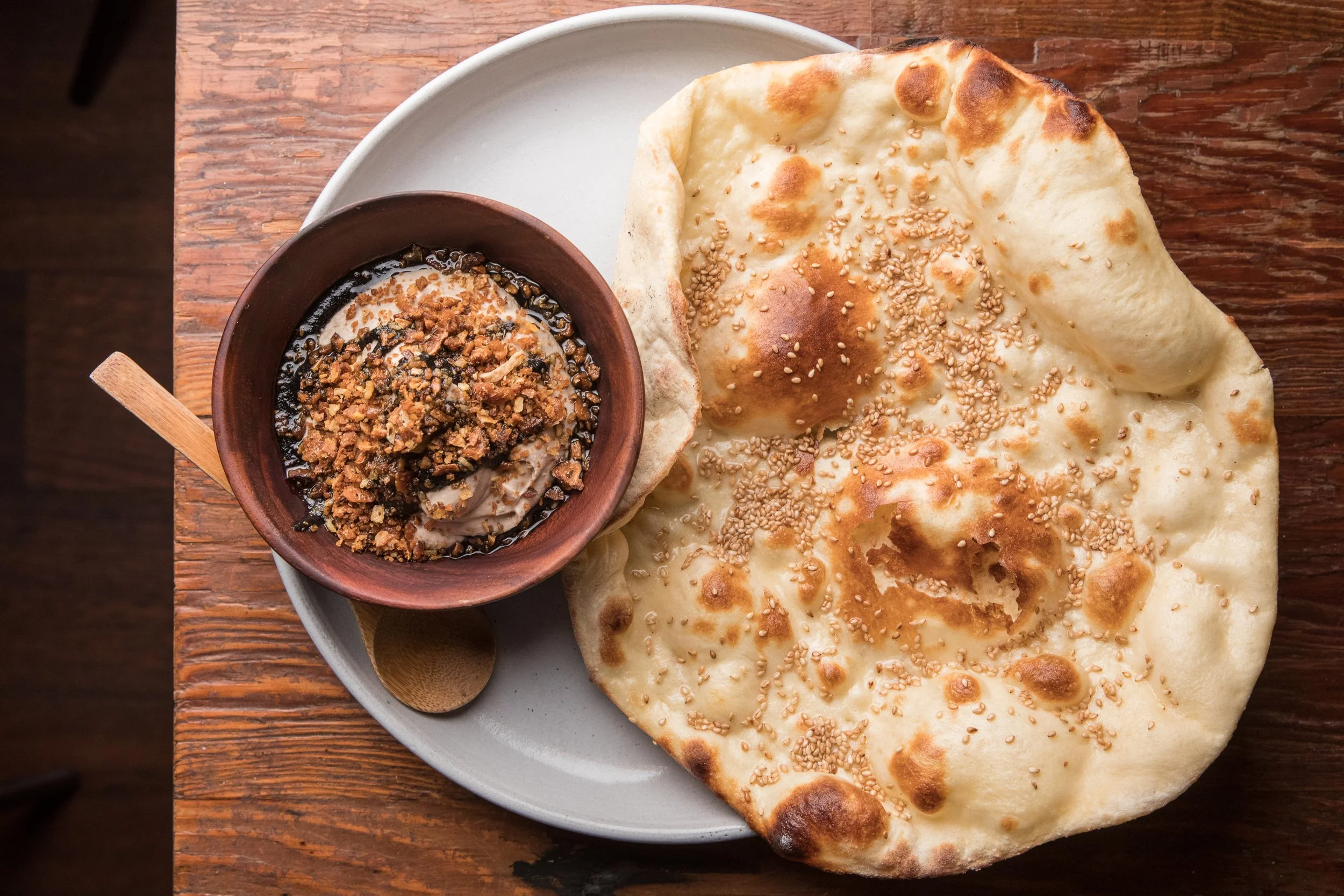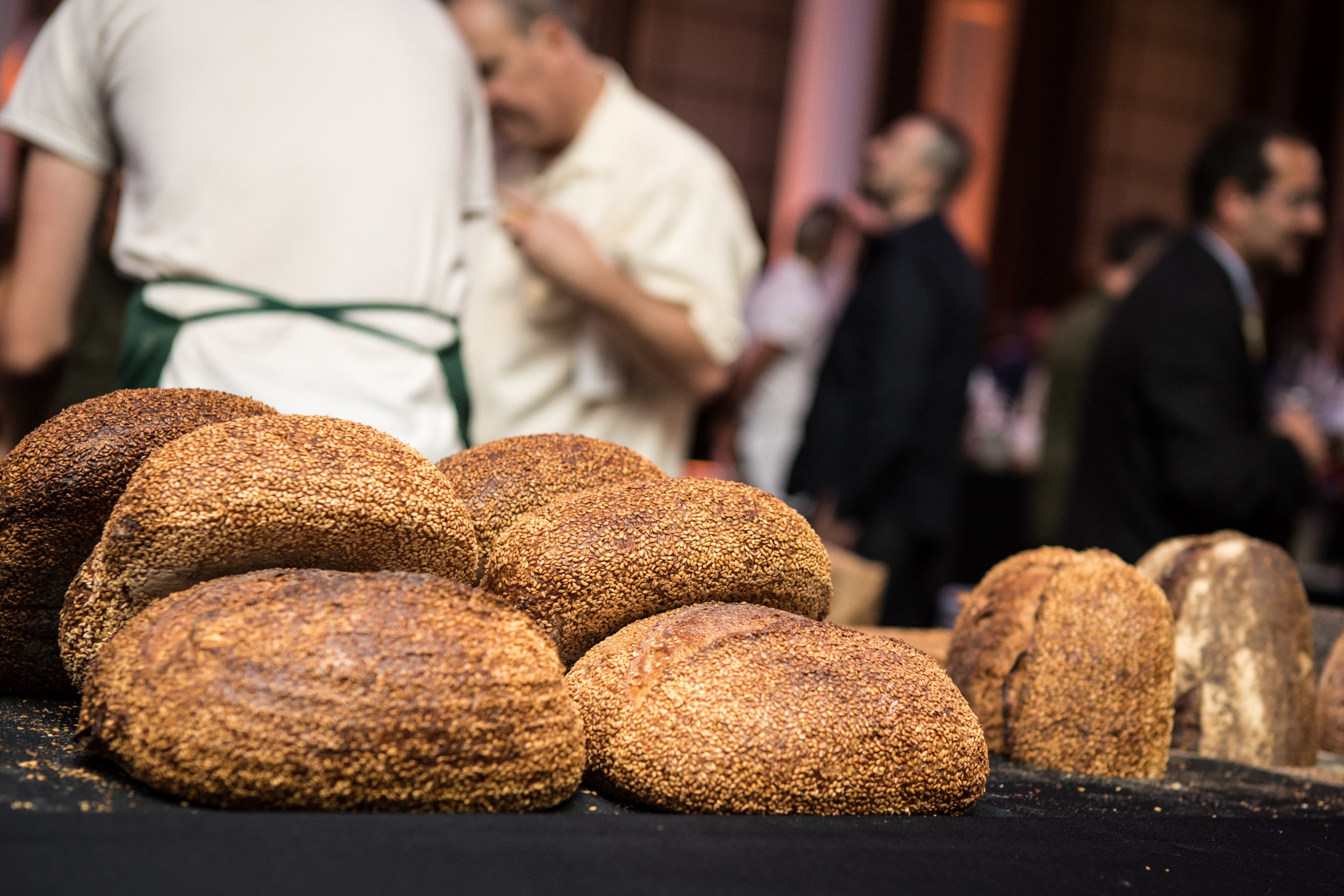Going with the Grain
How Philadelphia became one of the best bread cities in America.
assortment of breads at high street on markeT | Photos: Caroline Hatchett
For decades, consumers and chefs seeking artisan bread in Philly had two choices: LeBus Bakery or Metropolitan Bakery. LeBus arrived in 1978—so named for the revamped school bus where David Braverman first baked and sold bread—and today produces everything from baguettes to bagels from a brick-and-mortar bakery and suburban outlet. Metropolitan opened 15 years later, when farm-to-table pioneers Wendy Smith Born and James Barrett left White Dog Cafe to start a bakery.
“Those guys were trailblazers. [Now] there’s more of a focus on small batch, craft-based, locally produced stuff,” says John McGrath, head baker of La Colombe Torrefaction, the Philly-based coffee company’s massive roastery, distillery, and bakery.
By the time Torrefaction opened in 2014, the city’s forward-thinking chefs had been sourcing quality produce, cheeses, and meats from small farmers in the region for more than a decade. But the standards for sourcing the city’s loaves hadn’t made the same leap. “I think that prompted some people to produce bread on their own and make others aware that there’s a demand for bread of exceptional quality,” says McGrath.
Circumstances began to change in 2013 when Restaurateur Ellen Yin, a White Dog alum, and Chef Eli Kulp prioritized bread at their new all-day cafe, High Street on Market, in a way the city hadn’t seen before.
“Ellen and Eli recognized that bread is really a staple, and good bread should be the basis and backbone of a meal,” says founding High Street Baker Alex Bois, who launched Lost Bread Co. in 2017. His high-hydration, naturally leavened loaves, nutty with local emmer and adorned with dramatic swirls of vegetable ash, helped put High Street at the number two spot on Bon Appétit’s “Best New Restaurants” list in 2014 and marked a turning point for Philly bread culture.
Around the same time Bois started at High Street, Pete Merzbacher was tinkering with bread in his home kitchen, making so much that he began selling to friends. When he found an existing bakery space in North Philly, he went all in and founded wholesale bakery Philly Bread. His rent: $600. In addition to buns, breads, and bagels, he developed a fresh take on the English muffin called the Philly Muffin—square and puffy, larger than your palm, with a pleasant chew and flavor from sourdough starter and local grains.
assortment of breads at lost bread co.
bread baking at philly bread
assortment of bread at philly bread
Now, with a team of 12, he’s scaling up. In March 2019, Philly Bread relocated from a three-story row house bakery to a 4,800 square-foot warehouse where the team will triple production. Merzbacher has his sights set on putting the company’s products into the most accessible outlet of all: supermarkets like Acme and ShopRite.
“It seems crazy to me that we’re getting Dave’s Killer Bread [a best-selling organic, whole grain, Non-GMO Project Verified bread available nationally everywhere from Safeway and Target to Whole Foods]. Nothing against that, but there should be something like it that’s artisan and local, made with integrity,” say Merzbacher.
Achieving scale is the underlying theme of Philly’s artisan bakery movement, not just for the bakers, but for the region’s farmers, millers, and maltsters who grow and process high-quality, heirloom grains for them.
Just as Bois, Merzbacher, and their contemporaries were coming up, Mark and Fran Fischer were beginning to process small lots of local grain at a rehabbed 18th-century stone mill an hour outside the city. Thanks to demand from the city’s bakers during the past five years, bakers across the region can now buy 50-pound bags of Castle Valley Mill’s flours and grains by the pallet.
“When I got to High Street, you couldn’t get local flour at all. There was no way to access local flour except from the Amish community. I started using Castle Valley, but I had more experienced bakers telling me that local flour was shit,” says Bois, who purchased and milled 40,000 pounds of Mid-Atlantic grains in 2018.
assortment of breads at machine shop boulangerie
Country Loaf at high street on market
In spring 2017, with a $60,000 budget, Katie Lynch and Emily Riddell opened wholesale Machine Shop Boulangerie after Lynch had helped open Georges Perrier’s Art of Bread and Riddell had been pastry chef of Le Bec Fin. They sell French-style loaves and viennoiserie made in a former vocational high school. The business is named for a classroom space on the fourth floor that now houses their operation. Their boulangerie is the supplier for a majority of the city’s specialty coffee shops, as well as Nick Elmi’s restaurants.
“At no point in time did Katie and I say, ‘Let’s get into every single coffee shop in the city.’ That never was our goal and still isn’t,” says Riddell. “We want to make a solid product for people who appreciate it.”
As the city’s bakers, chefs, and restaurateurs have come to prioritize flavorful, high-hydration, naturally leavened loaves and bespoke baked goods, so have the city’s consumers.
“The public is more knowledgeable about why it’s better to have local grains and freshly milled flours,” says Allison Charnitski, head baker at High Street. Now that consumers are used to enjoying a high quality daily bread, there’s more room to innovate.
“We’re thinking about sourdough and breads with a chef’s mind,” says Charnitski, who subs in teas for water in her recipes, cultivates a sourdough starter using kombucha, and currently is einkorn obsessed.
It’s a wide-open market for growth and experimentation. And for a young baker with talent but not a lot of cash, there’s a (now) $1,000-a-month bakery space available in town (thanks, Merzbacher!), complete with patina-ed vintage ovens and the potential to launch a career.


